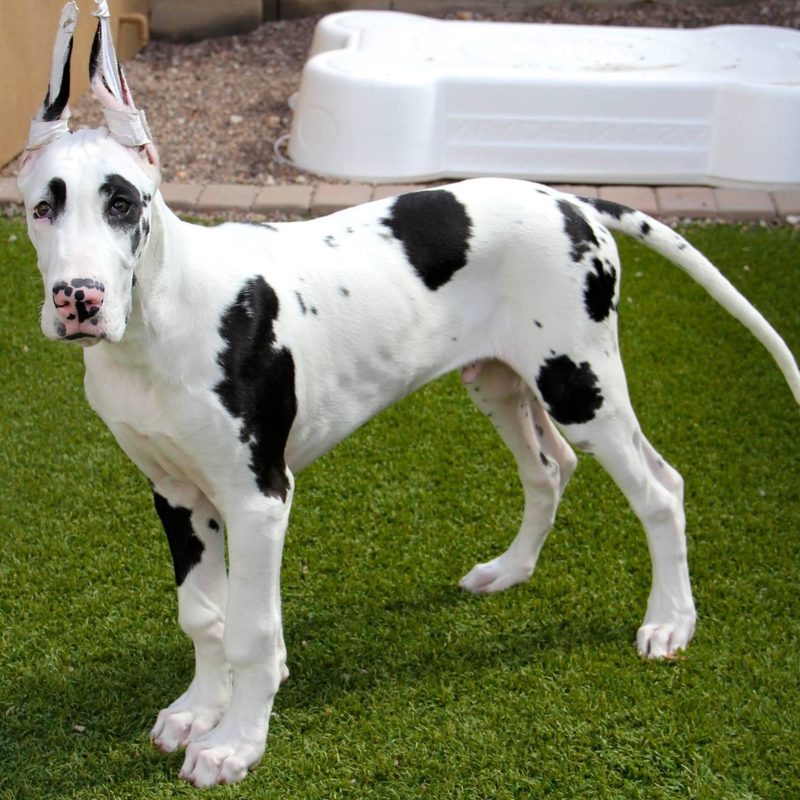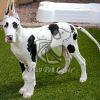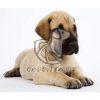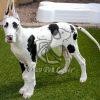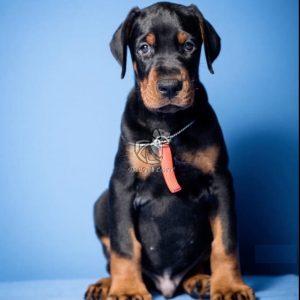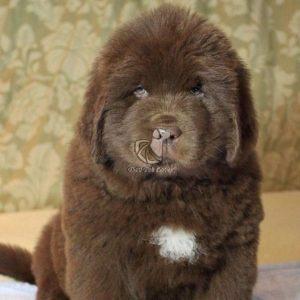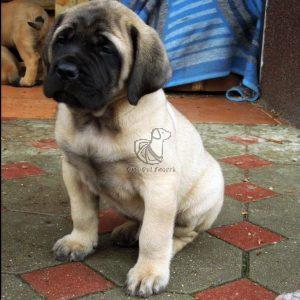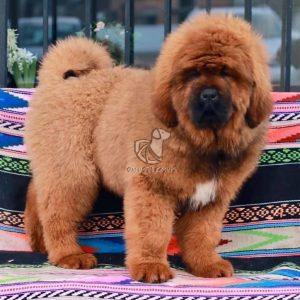Finding a Great Dane Puppy for Sale:
Are you in Delhi or the surrounding areas and searching for a Great Dane puppy to complete your family? Look no further than Dav Pet Lovers, your trusted pet shop specializing in Great Dane puppies for sale in Delhi and Delhi NCR.
Discover the perfect companion for your home with our exquisite Great Dane pups. With their regal appearance and gentle temperament, Great Danes are truly a breed apart. These magnificent creatures will captivate your heart with their loyalty and affection.
Our Great Dane puppies for sale are carefully selected and raised with love and care, ensuring they grow up to be healthy and well-socialized. Each puppy is a testament to the exceptional breeding standards we uphold at Dav Pet Lovers.
Imagine the joy of having a Great Dane pup by your side, whether you’re strolling through the vibrant streets of Delhi or exploring the beauty of Delhi NCR. These majestic creatures are not only striking in appearance but also incredibly gentle and obedient.
From their sleek and shiny coats to their soulful eyes, our Great Dane puppies are a sight to behold. Choose from a variety of colors, including black, fawn, and brindle, and find the perfect companion that matches your preferences.
Don’t miss out on the opportunity to bring home a Great Dane puppy. Visit Dav Pet Lovers today and let us help you find your ideal furry friend. Our dedicated team is here to guide you every step of the way, ensuring a seamless adoption process.
Characteristics of a Great Dane Puppy:
Great Dane puppies possess several distinguishing characteristics that set them apart from other breeds. Here are some notable traits of Great Dane puppies:
Size: Great Dane puppies are known for their impressive size even at a young age. They are considered one of the largest dog breeds in the world. Although they start out small, they grow rapidly and can reach a considerable height and weight as adults.
Playful and Energetic: Great Dane puppies are typically playful, full of energy, and love to engage in activities. They enjoy interactive play sessions, games, and socializing with humans and other animals.
Gentle Nature: Despite their large size, Great Dane puppies tend to have a gentle and friendly nature. They are known for their patience and are generally good with children and other pets when properly socialized.
Trainability: Great Dane puppies are intelligent and generally eager to please their owners, making them relatively easy to train. However, it’s essential to use positive reinforcement techniques and start training early to ensure they develop into well-behaved adults.
Socialization: Proper socialization is crucial for Great Dane puppies. Introducing them to various environments, people, animals, and experiences at an early age helps them become well-adjusted and confident adult dogs.
Growth Rate: Great Dane puppies have a rapid growth rate, particularly during their first year. Adequate nutrition and veterinary care are essential to support their healthy development and prevent any potential joint or skeletal issues associated with their rapid growth.
Calm Demeanor: As they mature, Great Danes tend to develop a calm and relaxed temperament. While they may still have bursts of energy, they are generally known for their laid-back nature.
Affectionate: Great Dane puppies are known for their affectionate nature and often enjoy spending quality time with their owners. They may seek physical contact, such as leaning against their human companions or snuggling up with them.
Lifespan: It’s worth noting that Great Danes have a shorter lifespan compared to smaller dog breeds. On average, they live around 8 to 10 years, so providing them with a healthy and fulfilling life is crucial.
Remember that while these traits are commonly observed in Great Dane puppies, individual personalities may vary. Proper care, training, socialization, and regular veterinary check-ups are essential to ensure their well-being and help them grow into happy and well-adjusted adult dogs.
Taking Care of Your Great Dane Puppy:
Taking care of a Great Dane puppy requires attention, dedication, and a few specific considerations due to its large size and rapid growth. Here are some important aspects to keep in mind when caring for your Great Dane puppy:
Nutrition: Provide your Great Dane puppy with a balanced and nutritious diet appropriate for their age, size, and breed. Choose high-quality puppy food that meets their specific nutritional needs. Avoid overfeeding to prevent excessive weight gain, which can strain their developing joints.
Regular Feeding Schedule: Establish a regular feeding schedule for your Great Dane puppy to maintain consistency and prevent digestive issues. Puppies typically require several small meals throughout the day, gradually transitioning to fewer meals as they grow.
Adequate Exercise: While Great Dane puppies are energetic, their exercise should be moderate to avoid excessive stress on their developing bones and joints. Provide regular, supervised playtime and short walks, gradually increasing the duration and intensity as they grow older. Avoid intense exercise, such as running or jumping, until they have reached skeletal maturity.
Socialization and Training: Early socialization and training are crucial for Great Dane puppies. Expose them to various environments, people, animals, and experiences to help them develop into well-rounded and confident adults. Enroll in puppy training classes to teach them basic obedience commands and good manners.
Veterinary Care: Regular veterinary check-ups are vital for your Great Dane puppy’s health. Follow the recommended vaccination schedule and ensure they receive necessary preventive treatments for parasites. Regular examinations help detect any health issues early on and ensure their overall well-being.
Proper Grooming: Great Dane puppies have short, smooth coats that require minimal grooming. However, regular brushing with a soft bristle brush helps remove loose hair and keeps their coat healthy. Trim their nails regularly, clean their ears, and brush their teeth to maintain good oral hygiene.
Comfortable Living Space: Provide your Great Dane puppy with a spacious and comfortable living space that accommodates its size. Make sure they have a warm, dry bed and access to fresh water at all times. Great Danes are indoor dogs and thrive when they have close interaction with their human family.
Ongoing Care as They Grow: Great Danes undergo rapid growth during their first year, so monitor their weight, bone development, and overall health. Be cautious about activities that may strain their joints, such as climbing stairs or jumping from heights. Consult with your veterinarian for guidance on their growth and any specific care requirements.
Remember, Great Danes are a giant breed, and their care demands special attention. Providing a loving, nurturing environment along with proper nutrition, exercise, socialization, and veterinary care will help your Great Dane puppy grow into a healthy and well-adjusted adult companion.
Common Health Issues in Great Dane puppy:
Great Dane puppies are generally healthy, but like all dog breeds, they may be prone to certain health issues. Being aware of these common health conditions can help you take proactive measures and seek veterinary care when needed. Here are some common health issues that Great Dane puppies may experience:
Gastric Dilatation-Volvulus (Bloat): Great Danes have a deep chest, which puts them at higher risk for bloat. Bloat occurs when the stomach fills with gas and twists, causing a life-threatening condition. Watch for symptoms like a distended abdomen, restlessness, unproductive vomiting, or attempts to vomit. Immediate veterinary attention is crucial.
Hip Dysplasia: This is a hereditary condition in which the hip joint doesn’t develop properly, leading to joint instability and potential arthritis. It can cause pain, lameness, and difficulty in mobility. Regular exercise, maintaining a healthy weight, and responsible breeding practices can help reduce the risk.
Dilated Cardiomyopathy (DCM): DCM is a heart disease characterized by the enlargement and weakening of the heart muscle. It can lead to heart failure and other cardiac complications. Regular veterinary check-ups, a balanced diet, and appropriate exercise can help monitor and manage this condition.
Hypothyroidism: Great Danes may be prone to hypothyroidism, a condition where the thyroid gland doesn’t produce enough hormones. Symptoms may include weight gain, lethargy, hair loss, and skin issues. Regular blood tests can diagnose and monitor thyroid function, and medication can help manage the condition.
Osteosarcoma: Great Danes have a higher incidence of osteosarcoma, a type of bone cancer. It commonly affects the limbs and can cause lameness and pain. Early detection and prompt treatment, such as surgery and chemotherapy, may be necessary to improve the prognosis.
Wobbler Syndrome: Wobbler syndrome, or cervical spondylomyelopathy, affects the neck vertebrae and spinal cord, leading to a lack of coordination and mobility issues. Symptoms may include difficulty walking, neck pain, and a wobbly gait. Treatment options include medication, physical therapy, and surgery in severe cases.
Eye Conditions: Great Danes may be prone to certain eye conditions, such as entropion (inward rolling of eyelids), ectropion (outward rolling of eyelids), and progressive retinal atrophy (degenerative eye disease leading to blindness). Regular eye examinations can help detect and manage these conditions.
Remember, not all Great Dane puppies will experience these health issues, and responsible breeding practices can help minimize the risk. Regular veterinary care, a nutritious diet, appropriate exercise, and early intervention are essential for maintaining your Great Dane puppy’s health and well-being. If you have any concerns about your puppy’s health, it’s always best to consult with a veterinarian.
Frequently Asked Questions
How big will my Great Dane puppy get?
Great Dane puppies grow rapidly, and they can reach impressive heights and weights as adults. On average, male Great Danes can grow up to 30 to 34 inches (76 to 86 cm) tall at the shoulder and weigh between 140 to 175 pounds (64 to 79 kg). Females are slightly smaller, typically reaching heights of 28 to 32 inches (71 to 81 cm) and weighing around 110 to 140 pounds (50 to 64 kg).
How long do Great Dane puppies stay in the puppy stage?
The puppy stage for Great Danes typically lasts for about 18 to 24 months. During this time, they go through their rapid growth phase and require special care and attention to support their development.
Are Great Dane puppies good with children?
Yes, Great Dane puppies are generally good with children when they are properly socialized and trained. They have a gentle and patient nature, which makes them suitable companions for families. However, due to their large size, supervision is essential to ensure the safety of both the puppy and the children.
How much exercise does a Great Dane puppy need?
Great Dane puppies require regular exercise to promote their physical and mental well-being. However, it’s important to provide them with moderate exercise to avoid excessive strain on their developing bones and joints. Short walks, supervised play sessions, and controlled activities that don’t involve high-impact exercises are recommended. As they grow older, their exercise needs can increase, but intense exercise should still be avoided until they have reached skeletal maturity.
How should I train my Great Dane puppy?
Training your Great Dane puppy should begin early, using positive reinforcement techniques. They are intelligent and eager to please, making them relatively easy to train. Enroll in puppy training classes or work with a professional trainer to teach them basic obedience commands and proper socialization. Consistency, patience, and positive reinforcement such as treats and praise are key to successful training.
How often should I feed my Great Dane puppy?
Great Dane puppies require several small meals throughout the day to support their growth and energy needs. A recommended feeding schedule for young puppies is three to four meals per day. As they grow older, the number of meals can gradually be reduced to two meals per day. Consult with your veterinarian for specific feeding guidelines based on your puppy’s age, weight, and overall health.
Do Great Dane puppies have any special health concerns?
Great Dane puppies may be prone to certain health issues such as bloat, hip dysplasia, dilated cardiomyopathy (DCM), hypothyroidism, and wobbler syndrome. Regular veterinary check-ups, a balanced diet, proper exercise, and responsible breeding practices can help minimize the risk and manage these conditions.

